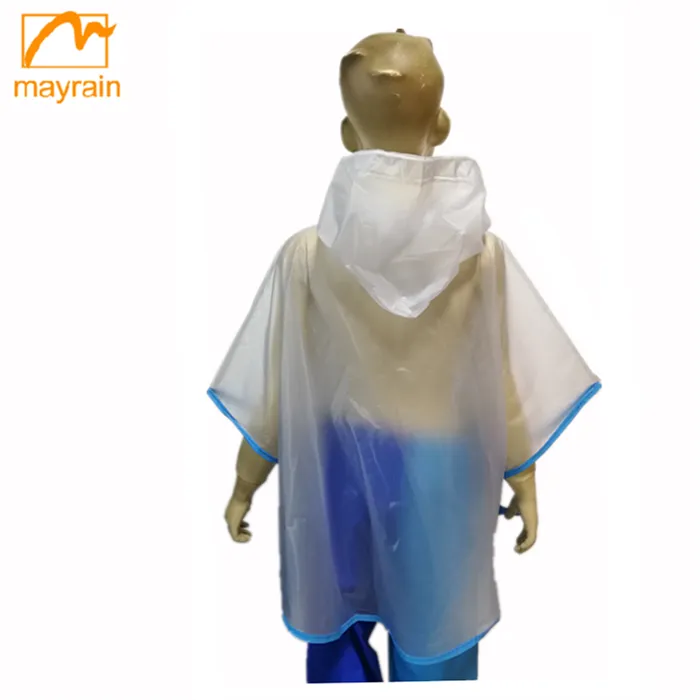Swine flu, or H1N1 influenza, first emerged in 2009 and quickly garnered worldwide attention due to its rapid spread and potential for causing serious illness. This viral infection primarily affects pigs but can also infect humans, leading to a range of symptoms from mild respiratory issues to severe complications. As with many viral infections, particularly those affecting the respiratory tract, there is often confusion surrounding the treatment options, especially regarding the use of antibiotics.











